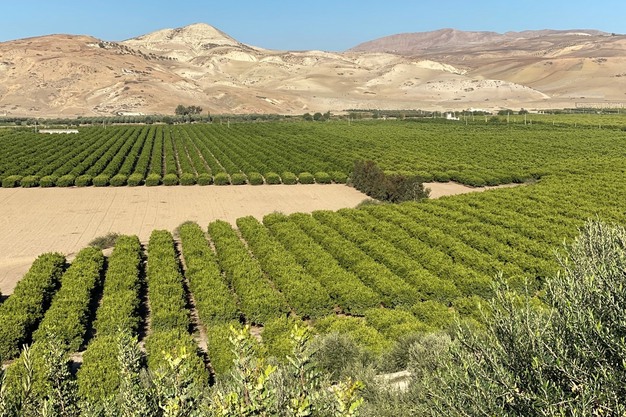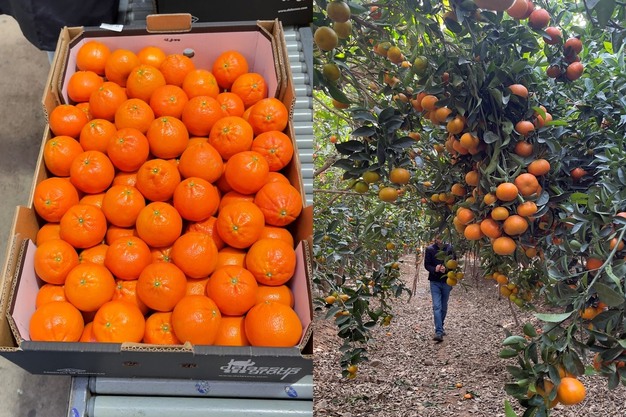Morocco's citrus industry, worth over €1 billion annually and employing nearly 200,000 people, is one of the country's agricultural powerhouses, says Fatiha Charrat, Deputy Managing Director of the Delassus Group: "With flagship varieties such as the Nadorcott, Moroccan citrus enjoys a strong reputation in international markets. Yet in 2025, the sector is grappling with its most serious challenge in decades: Water scarcity."
 © Delassus
© Delassus
In the Souss-Massa region, a key production hub, irrigation water has reached alarming salinity levels, forcing growers to uproot orchards and abandon farms, Charrat explains. "Even leading operators have been hit. Our Citatlas farm has been forced to stop production, while the premium Nour variety from the la Gazelle farm has seen irrigation water turn saline, pushing Delassus Citrus to install costly reverse osmosis systems and replace Nour with grapes, a crop better able to withstand the new cost of water."
Charrat states that Morocco is working on improving the current water situation: "To address this crisis, Morocco has launched one of the world's largest seawater desalination programs. The Agadir-Chtouka plant, a €450 million investment, is already delivering 275,000 cubic meters of water per day, half of it for irrigation. At full capacity, it will reach 400,000 cubic meters daily and support 15,000 hectares of orchards. Nationally, the government has set a target of 1.7 billion cubic meters of desalinated water annually by 2030, with 500 million cubic meters dedicated to agriculture."
"This strategy is aligned with Morocco's climate commitments under the COP framework. Through the AAA Initiative, or the Adaptation of African Agriculture to Climate Change initiative, and updated Nationally Determined Contribution (NDC), Morocco has pledged to expand renewable energy use, promote climate-smart agriculture, and improve irrigation efficiency. But challenges remain. Desalinated water is costly, and smaller producers risk being left behind. Labor shortages threaten harvests and packing operations, while phytosanitary risks such as citrus greening (HLB) loom over the sector. Stricter European residue standards, rising input and shipping costs, and import tariffs in the US further pressure competitiveness."
 © Delassus
© Delassus
According to Charrat, Morocco's citrus sector is at a crossroads: "Without structural reforms, it risks losing ground in global markets. Yet with its geographic proximity to Europe, premium varieties, technical expertise, and massive investments in desalination, the country still has strong assets to remain a leading citrus supplier. As highlighted at the National Citrus Congress, the sector's survival depends on four pillars: innovation, water, governance, and human capital."
"For the 2025–26 citrus season in Morocco, the outlook points to a continuation of the positive trend observed in 2024–25. Morocco is expected to export around 669,000 tons of citrus in the 2025–26 season, marking a 10% increase compared to last year's 610,573 tons, according to Morocco Foodex. This outlook comes at a time when Spain, the country's main competitor, is facing challenging campaigns, creating a more favorable window of opportunity for Moroccan exporters," Charrat concludes.
Delassus will be exhibiting during Fruit Attraction in Madrid. You can find their stand in Hall 14, booth 14B03.
 For more information:
For more information:
Fatiha Charrat
Delassus Group
Email: [email protected]
www.delassus.com
